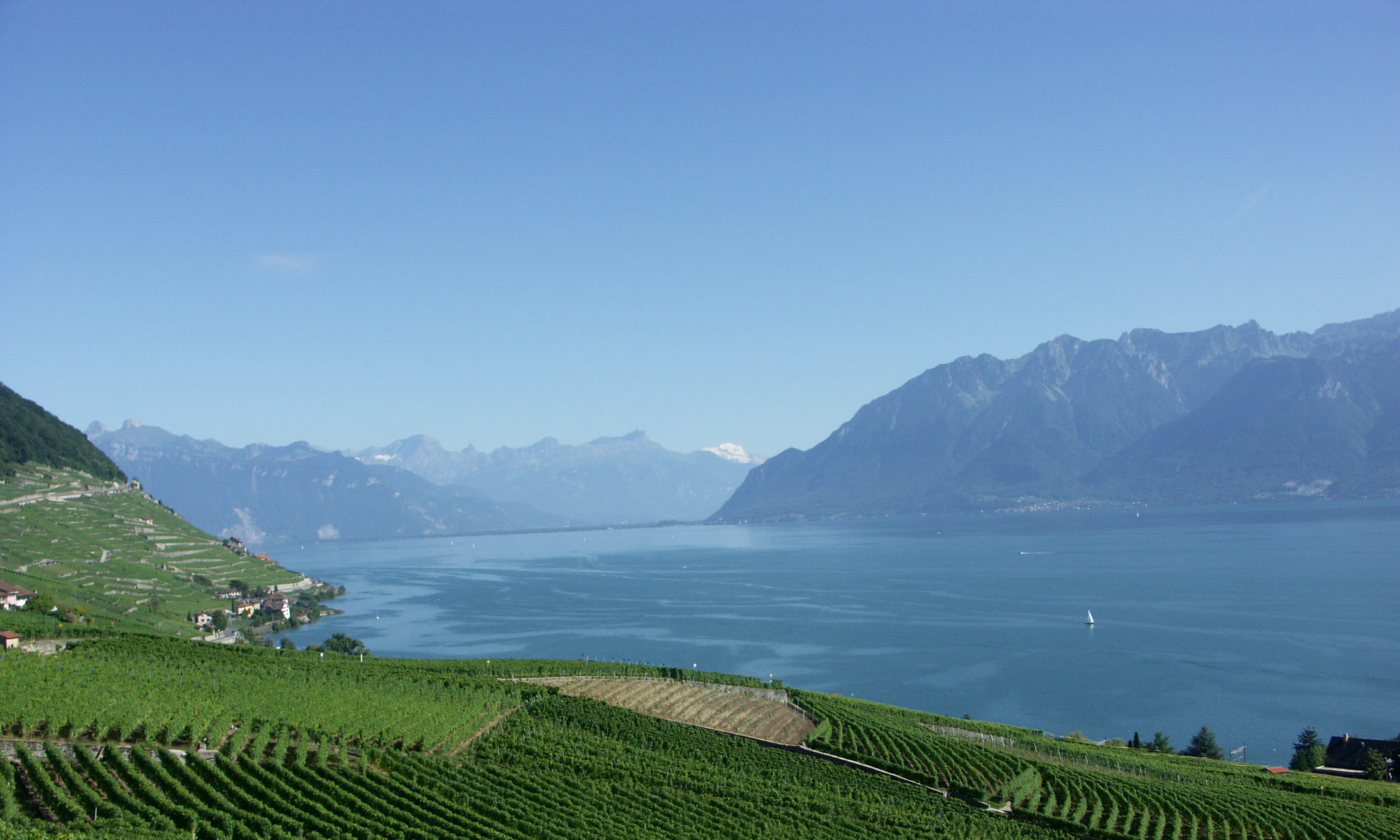To reply to this question use the “Leave a reply” box/field at the bottom of this page.
27 Replies to “Question 5: Is there anything more WMO can do to make the government agencies that fund your operational hydrology activities more knowledgeable about the efficiency and essential character of these services to the social and economic well-being of your country? How does your Service relate with the disaster/emergency, agriculture, health and other relevant national agencies, academia and private sector?”
Comments are closed.


A travers les ateliers mettant ensembles ces différentes institutions gouvernementales, l’OMM doit mettre l’accent sur le caractère essentiel que devraient avoir les Collectivités régionales et/ou municipales à une meilleure connaissance et une gestion participative des ressources en eaux en partage avec les Collectivités voisines dans un même bassin versant. Les aspects de cette gestion concernent la connaissance (quantité et qualité) des ressources en eau des territoires concernés ceci en vue d’un meilleure GIRE au niveau local. Cette sensibilisation doit également inclure des aspects liés à l’impact que les activités anthropiques ont sur les ressources en eaux (pollution domestique, agricole, industrielle).
Au Cameroun, le SNH est le Centre de recherche hydrologiques (CRH) rattaché à l’Institut de recherches geologiques et minières lui-même dépendant du Ministère de la recherche scientifique. Il a vocation de développer des connaissances en hydrologie en rapport avec le milieu physique et de recueillir les données nécessaires à la réalisation de divers projets de développement.
Il n’existe aucune relation entre le SHN (CRH) et les autres services institutionnels en charge des questions de catastrophes, agriculture, santé et autres, ni même avec les universités.
Toutefois, le CRH entretient avec l’IRD un partenariat dans le programme BVET (dans le bassin du Nyong) qui a conduit à la mise en place d’un laboratoire au sein du CRH destiné à l’analyse de l’eau.
Sensibilisation à travers des ateliers réunissant les Décideurs politiques et les Collectivités Locales Décentralisées, au cours desquels on présente à des études de cas les avantages qui existent à mieux maîtriser l’eau pour la gérer de façon efficiente pour la mise à disposition de l’eau potable et de l’énergie hydroélectrique pour tous, pour le dimensionnement des ouvrages hydrauliques et des ouvrages d’art, pour la sécurité alimentaire et la santé publique, pour la préservation des hommes et des biens contre les catastrophes liées à l’eau (inondations, sécheresse) et la protection de l’environnement et de la biodiversité
Au Cameroun, le SHN étant une Structure Opérationnelle du Ministère de la Recherche Scientifique et de l’Innovation (MINRESI/IRGM), il n’a pas de relation directe ni contractuelle encore moins de partenariat établi avec les services en charge des questions de catastrophes, de l’agriculture, de la santé et d’autres services techniques nationales connexes, les universités et le secteur privé.
• Partnerships and collaborative activities with the WMO can provide much needed profile to the hydrological community in member states. Partnerships also reflect the importance of hydrological information outside of the hydrological community for authoritative information on water. To highlight the importance of authoritative water information both inside and outside of the hydrological community, the WMO should consider publicizing success stories of projects or partnerships that highlight the importance of this information as well as integrated use of hydrological, meteorological and climate information to give member states’ funding agencies an heightened understanding of the value of NHS work.
• From an operational perspective, the value of hydrological services including the interpretation of flow data, analysis, ungauged flow prediction, naturalized flow calculation and/ or forecasted water information are not utilized, often until an extreme event. WMO has a role to play in highlighting the value of hydrological monitoring and prediction systems to assist member countries in justifying the need for NHS offerings. Both developed and developing countries rely on these offerings in support of investment decisions and in mitigating potential water-related risks. In addition, hydrological information in support of water management decision-making is supported by a number of international organizations, including the WMO, which continues to be an important organization in support of the global water agenda.
• Canada’s National Hydrological Services takes a collaborative approach with sub-national governments in support of Canada’s water monitoring network and in support of understanding water needs and decision making. The collaborative approach is utilized for flood forecasting, emergency response, infrastructure design, environmental monitoring and research, improving economic efficiency in the agriculture, hydroelectricity and transportation sectors, modelling and forecasting of water flows and levels, water allocation, understanding climate change, and recreational uses of waterways. The NHS also uses a freely accessible, single-window database to allow access to water availability and flow data and information. The NHS has established strong partnerships in academia in support of advanced work water and the impacts of external stressors, including climate change.
Lobbying support for the creation or operation of consultation platforms between IWRM actors
We have a number of suggestions that could contribute to the enhancement of the National Hydrological (Hydrometeorological) Services prestige among other government agencies:
– closer coordination between the WMO Hydrology and Water Resources Program and the UNESCO International Hydrological Program (UNESCO IHP), for instance, through the organization and implementation of major regional and global joint projects in which National Hydrological (Hydrometeorological) services could participate;
– the WMO Initiative on the establishment of the WMO National Program Committees under the governments of the WMO Member countries (similar to the UNESCO IHP National Committees).